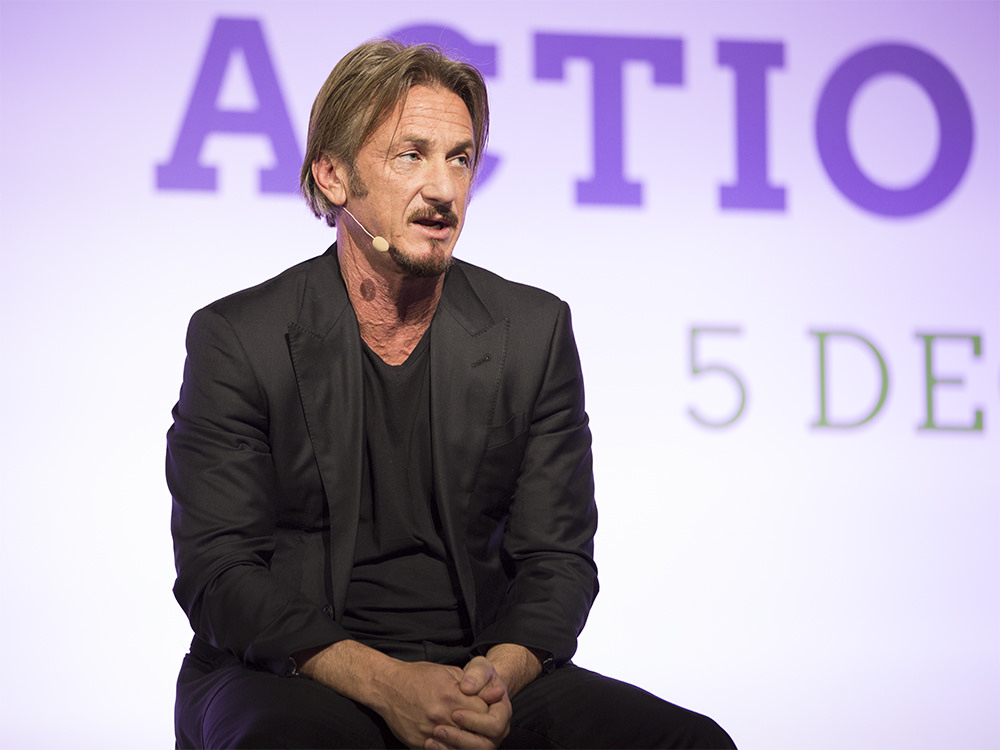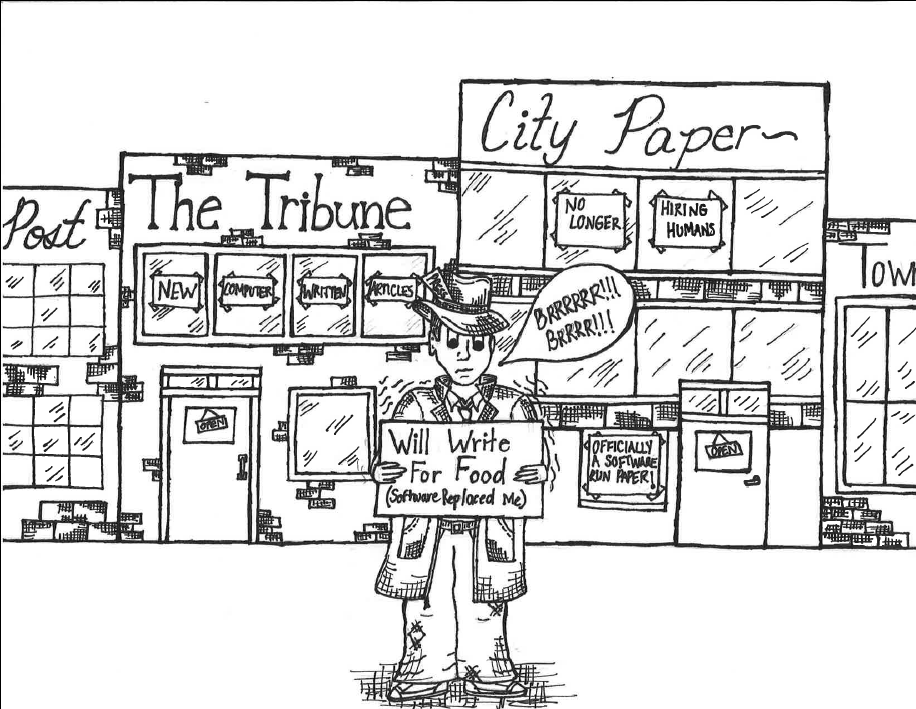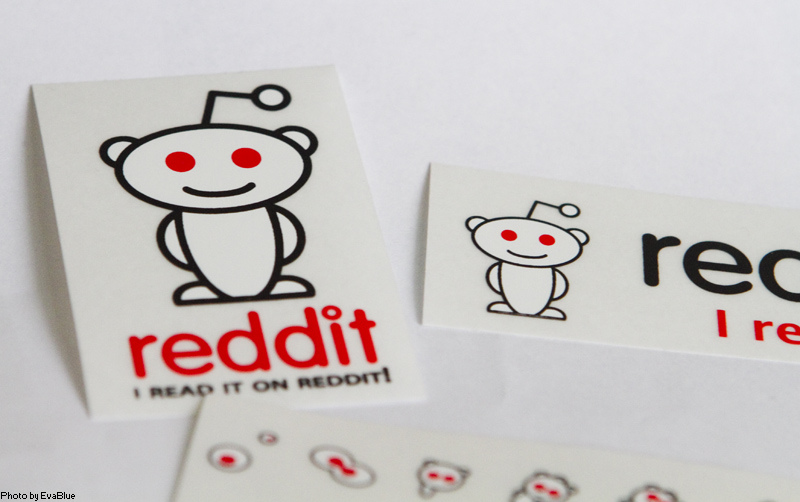This post originally appeared in The Indy Star on November 2, 2015.
Anybody who has ever been lied to or betrayed by a friend or coworker knows just how difficult it is to re-establish trust in the offending party. Sometimes, credibility that is destroyed can never be fully restored. So it is with America’s news media, which recently got yet another dismal report on public perception of the journalism industry. The media face a stiff climb in order to get back in the citizenry’s good graces.
The annual Gallup survey of media trust shows only 40 percent of Americans have a great deal, or even a fair amount, of confidence that media report the news “fully, accurately and fairly.” That matches the historic low marks recorded in election years 2012 and 2014. Over the years of the Gallup research, the lowest citizen confidence in media has come during election years. This year, of course, is not a general election year. Almost a fourth of all Americans now say they have no trust in media reporting at all.
Respondents who report they are politically independent are turning against the media in big numbers. Only 33 percent of such citizens trust the journalism industry to be fair, down a staggering 22 points in just 16 years. Independents now view the media at about the same low level as Republicans, long considered the most distrustful of media.
The most disturbing component of the study is that younger adults, ages 18 to 49, have less media trust than adults over 50. Only 36 percent of younger adults have confidence in the media, down 17 points in the last 12 years. Young adults who already have a dim view of media fairness won’t be easily won back.
The decline of younger adults trusting the media is likely a factor in the dwindling number of people who seek careers as journalists. Enrollment in college journalism programs has dropped in recent years. The highly regarded Columbia University School of Journalism is cutting staff.
Of those students in college journalism and mass media programs, approximately 70 percent are studying advertising or public relations. There was a time when PR and advertising tracks were in the less prestigious hallways of j-schools. It is hard to blame college students, however, when public relations and advertising executives are viewed as more reputable than reporters. Beyond that, reporter salaries now average only two thirds of what a public relations specialist makes, and that gap is widening. The public thinks the journalism industry is weak now, and things will only get worse given that the best and brightest in colleges aren’t seeking news careers.
Beating up on the media is now a favorite sport of most political figures, and that sustained bludgeoning is surely a factor in sinking media trust assessments. President Obama, in spite of generally beneficial news coverage during his presidential campaigns, has fought the press on several fronts during his two terms, taking particular shots at Fox News.
The presidential candidates currently getting the most traction are all ripping into the media. Donald Trump and Ben Carson on the Republican side and Democrats Bernie Sanders and Hillary Clinton have all trashed the news media in recent weeks. Politicians’ complaining about bad press is nothing new, but the intensity and constancy of the animosity is noteworthy. It’s resonating with voters because it reinforces current public sentiment.
The American people no longer view reporters as the public surrogates they should be. Trust can’t be restored until news audiences look at reporters and sense that the journalists represent the public’s interests. Trust can’t be restored as long as the nation’s news agenda is saturated with sensational, yet low impact, stories about pop culture figures, such as Cecil the lion and a county clerk in Kentucky.
Trust can’t be restored as long as the public senses that the news media are driven more by bottom-line profit and ratings motivations than by a sense of public service, even though those two objectives are not mutually exclusive.
The trust gap between the public and media industry can be closed only when news organizations get the courage to change the vision and prevailing culture of their newsrooms. The news industry, and the nation, can’t afford another 10-point trust decline in the next 10 years. If that happens, there will no longer be a news industry. Whatever is left over will be merely part of the creative writing industry.





